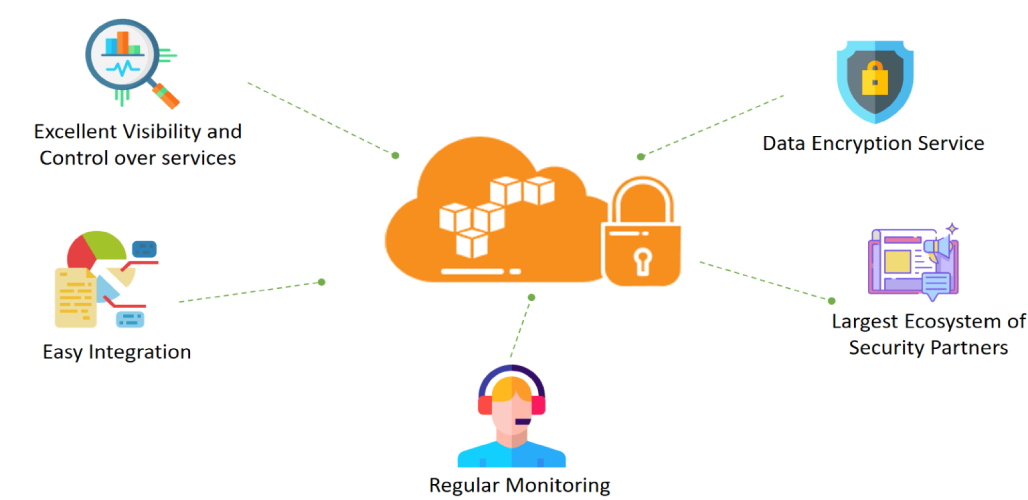
Achieving Success Through Effective Planning and Execution
In today’s fast-paced business world, effective project management is crucial for organizations to achieve their goals and deliver successful outcomes. In this blog post, we will explore the key principles and best practices of project management that can help you drive your projects to success. Let’s dive in!

1.Define Your Project Goals:
Before starting any project, it’s essential to clearly define your goals and objectives. Determine what you want to achieve and establish measurable targets that will guide your project’s direction and success.
2.Develop a Comprehensive Project Plan:

A well-crafted project plan acts as a roadmap for your project. It outlines the scope, timeline, milestones, deliverables, and resource allocation. Break down your project into smaller tasks and assign responsibilities to team members. Use project management tools like Gantt charts to visualize the project timeline.
3.Build a skilled and Dedicated Team:
Assemble a team with the right skills and expertise for your project. Effective collaboration and communication are crucial for project success. Encourage open communication channels, foster a positive team culture, and ensure that everyone understands their roles and responsibilities.
5. Monitor Progress and Adapt:
Regularly track and monitor the progress of your project. Use project management tools to measure key performance indicators (KPIs) and compare them against your project plan. If necessary, adjust your approach, reallocate resources, or make changes to keep your project on track.
4. Implement Risk Management Strategies:
Identify potential risks that may impact your project and develop strategies to mitigate them. Regularly assess risks, monitor their likelihood and impact, and create contingency plans to address them proactively. By doing so, you can minimize the negative impact of unexpected events.
6. Foster Effective Communication:
Clear and open communication is vital for project success. Establish regular communication channels with stakeholders and team members. Use project management software to facilitate communication, share project updates, and foster collaboration.
7. Evaluate and Learn from Project Experiences:
Once your project is complete, conduct a thorough evaluation to identify successes, challenges, and lessons learned. Document these insights and use them to improve your future project management practices. Continuous learning and improvement are key to enhancing project success rates.

By following these project management principles and best practices, you can increase the chances of achieving your project goals while delivering value to your organization and stakeholders. Effective project management is a powerful tool for driving success in today’s dynamic business environment.
We hope you found this blog post on project management insightful and valuable. Stay tuned for more informative articles on various topics related to business, technology, and project management. If you have any questions or would like to share your project management experiences, feel free to leave a comment below.

 +977 9851111145
+977 9851111145

